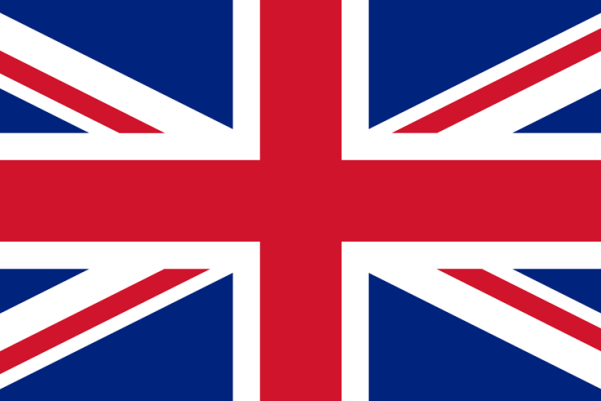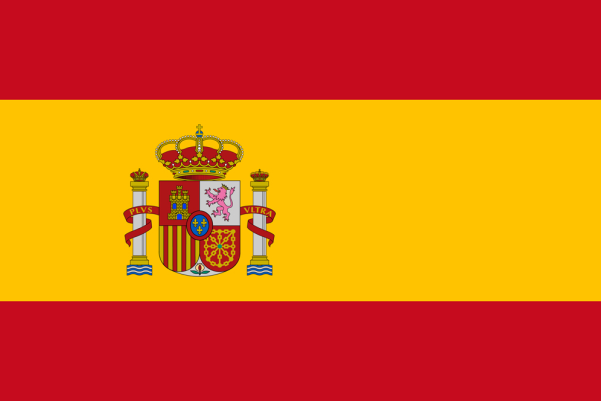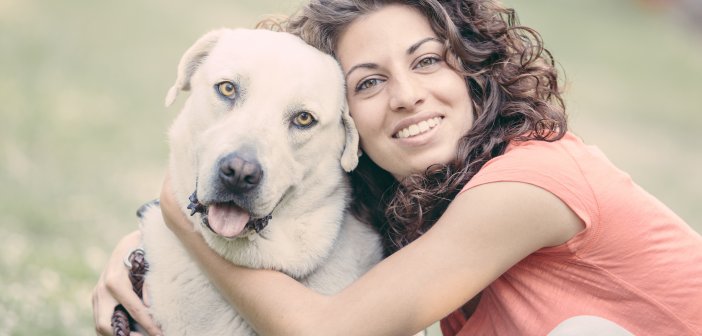While some act as faithful companions during the isolation, others invade the streets of our deserted urban centres
There’s a new spectacle from the natural world trending on social media: videos of wild animals, like cougars, foxes, skunks, wild boars, deer, monkeys, ducks and turkeys, wandering the empty streets of large cities. The same thing is happening on deserted tourist beaches, with birds, dolphins and sea lions enjoying a natural habitat usually overrun with people. Our absence from such environments has led to a general curbing of associated pollution, leaving these ecosystems to evolve more naturally.
However, what about our pets, during these times of quarantine and social distancing? Are they a cause for concern? So far, there is no scientific evidence to support concerns that domesticated animals can either suffer or transmit the Covid-19 virus.
Dogs and cats improve and enrich people’s lives and well-being and, right now, are the best possible means of company, tranquillity and stress reduction for those who rely on pets as their only real means of interaction and affection.
Our pets’ contact with other “four-legged” friends has also been restricted, so an extra dose of love and attention is extremely beneficial and recommended for both ourselves and our faithful companions: more time spent playing games with them instead of in front of a computer screen or mobile phone is the order of the day. These moments are precious to your furry friend who, incidentally, is probably fascinated by the novelty of the new home office: many pets, who before only saw their owners in the mornings and evenings, are loving having their owners home all day.
The only recommendation, though, during these difficult times is to give your pet’s paws a good clean with soap and water (never alcohol!) after a walk. And love. Extra love. As long as we continue to take care of them, they will keep taking care of us!

















